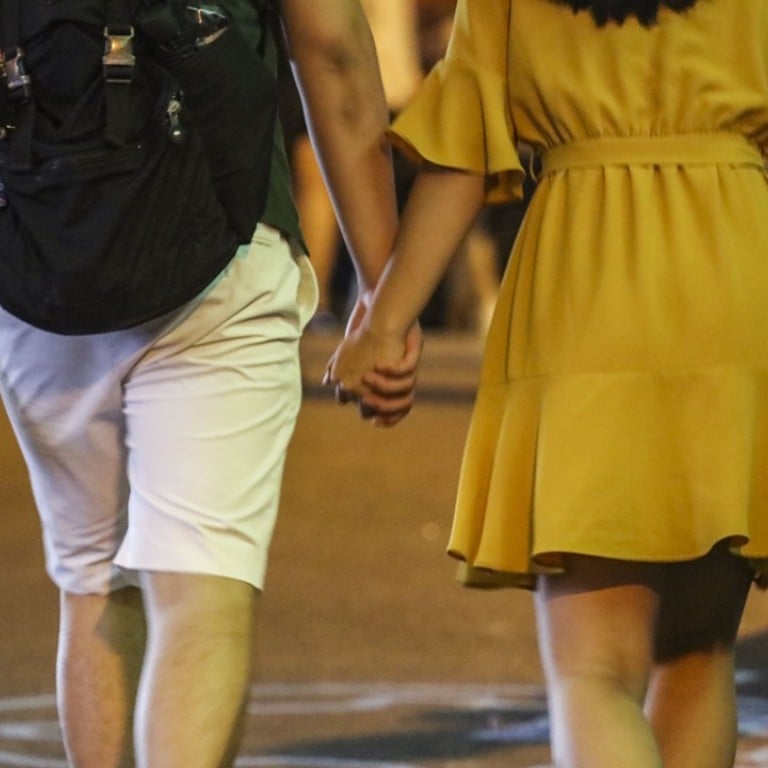
Yellow fever: cure needed, say Asian victims of sex prejudice
- The fetishisation of Asians may have its roots in the colonial era but it remains a problem for modern women in everything from finding a date to finding a job
Last year, Anh Ngo, an American of Vietnamese descent from Texas, decided to install the popular dating application Tinder. It was summer, so why not have some fun? But, as time passed and her number of matches increased, the app proved to be quite the opposite.
In fact, many of the 20-year-old college student’s matches were devastatingly blunt – they had no qualms letting her know the main reason they liked her profile was because of her ethnicity.
“A lot of people I matched with mentioned my race in the beginning of a conversation,” Ngo recalls.
“I wasn’t surprised, honestly, because there have been other instances of people saying something racist to me before, [for instance] as a ‘joke’ in school. It did feel a little demeaning, though.”
Singapore’s homeowners have 99 problems (and the lease is No 1)
The final straw came when Ngo matched with a white man in her area, who sent her a message saying he had “always wanted an Asian” – prompting Ngo to delete the app altogether.
Howard Yeh, a 19-year-old New York student, has a similar story.
Yeh, who is of Taiwanese descent, went on a date with a white woman he met on Tinder, whom he describes as “a Chinese major with Japanese tsunami and Chinese-language tattoos”.
After their first date – in Chinatown, of course – she showed him a “list of Asian men that she’s hooked up with and said ‘you’re going to go here’,” Yeh recalls. “All of the people in that list … had very classically beautiful Asian features. I’m sure it would be flattering to some, but it was not my favourite [part of the date], to say the least.”
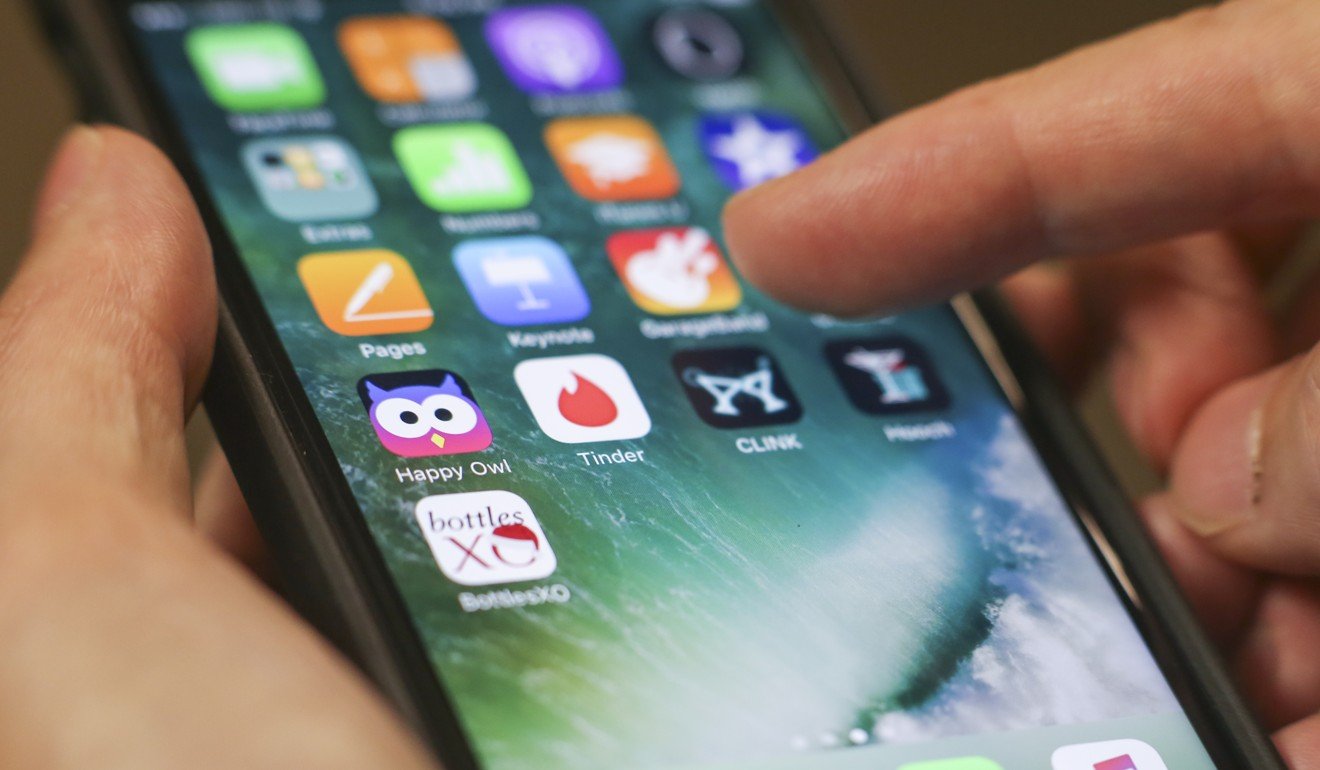
Ngo and Yeh’s dating horror stories illustrate how the fetishisation of Asian people and culture endures, even in this age of increased social justice awareness.
This “yellow fever”, as it is colloquially known, is a vector for sexual and racial harassment as well as workplace discrimination. Experts say it makes it twice as hard for women of Asian descent to excel in careers compared to their white counterparts.
The fetish is exacerbated by an array of online dating services and social networks allowing non-Asian users to explicitly search for partners who conform to outmoded stereotypes of Asian passivity.
The label is so insidious that visible efforts to move away from it are often met with an aggressive backlash – as has become clear through the experience of Kelly Marie Tran, one of the breakout stars of last year’s Star Wars: The Last Jedi .
Macau: the incredible poverty at the heart of world’s richest place
The 29-year-old actor, an American of Vietnamese descent, is the first Asian to have taken a leading role in the Star Wars franchise, a significant achievement in Hollywood where roles for Asian women rarely stray far from the shades of subservience seen in the likes of Full Metal Jacket and The World of Suzie Wong .
Tran deleted her Instagram account in June following an intense campaign of harassment from Star Wars fans who took issue with her race and her performance, but returned to public view in a tenacious column published in The New York Times on August 21. In it, she railed against the marginalisation she had experienced, saying she was “not giving up” and would continue to act despite the hate.
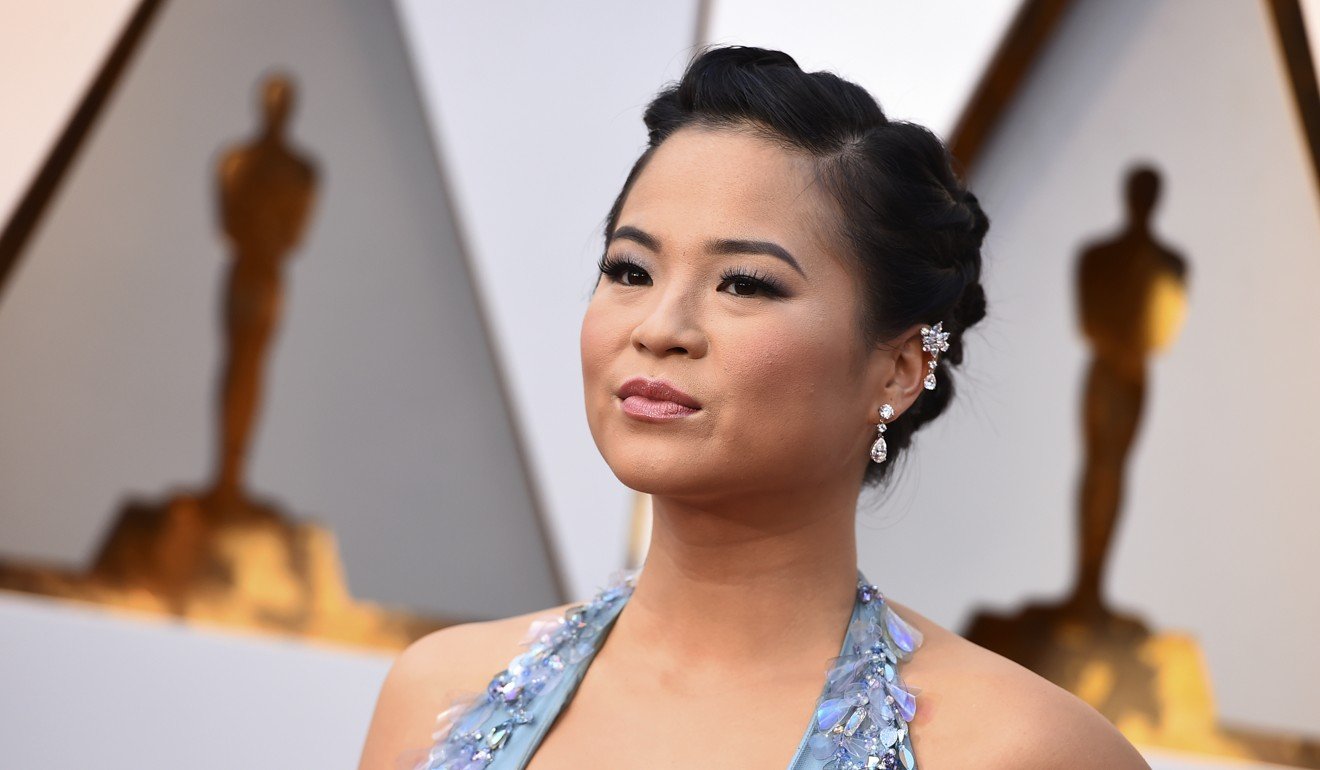
“[Asian women] are viewed as less competent than men in non-sexual areas and so are locked out of powerful and high-status careers and leadership roles,” says Robin Zheng, an assistant professor of philosophy at Yale-NUS College in Singapore.
“Since women often internalise their own objectification, learning to see themselves as the object of others’ desire, they may be vulnerable to low self-esteem, body shame, eating disorders, and other physical and psychological harms.”
According to Zheng, the fetish dates back to Western imperialism in the 18th and 19th centuries, when the Asian continent was portrayed in popular culture through works such as Arabian Nights as exotic and sensual, and women were most often portrayed as concubines and members of harems.
In the 20th century, the military occupation of East and Southeast Asia saw large numbers of soldiers purchase sex from Asian women or marry them as war brides, giving birth to the stereotype of Asian women as sexually alluring and eager to provide such services.
Strangers in their homeland: the Khmerican Cambodians Trump deported
Yellow fever also promotes the view that Asian people, particularly women, are submissive and docile, the result of being forced to submit to the guns and boots of colonialism, according to The Asian Feminist, a collective of women activists in the region.
The notion that Asian wives “know their place” in the household, as opposed to their feminist white counterparts, spawned a mail-order bride industry in the 20th century that paired men in Western countries with women from Eastern European or Asian countries.
The process usually involved selecting from a catalogue of brides who came from developing countries such as the Philippines, Thailand, and China. The advertisements would portray them as damsels in distress – exotic, submissive Asian women waiting to be rescued by a wealthy white man.
Some argue the industry lives on to this day through international marriage brokers – there were 400 such brokers in the US in 2010 pairing American men with 8,000 to 12,000 foreign women each year, figures that have doubled since 1999, according to the Tahirih Justice Centre, a Washington-based non-profit group focused on female immigrants.
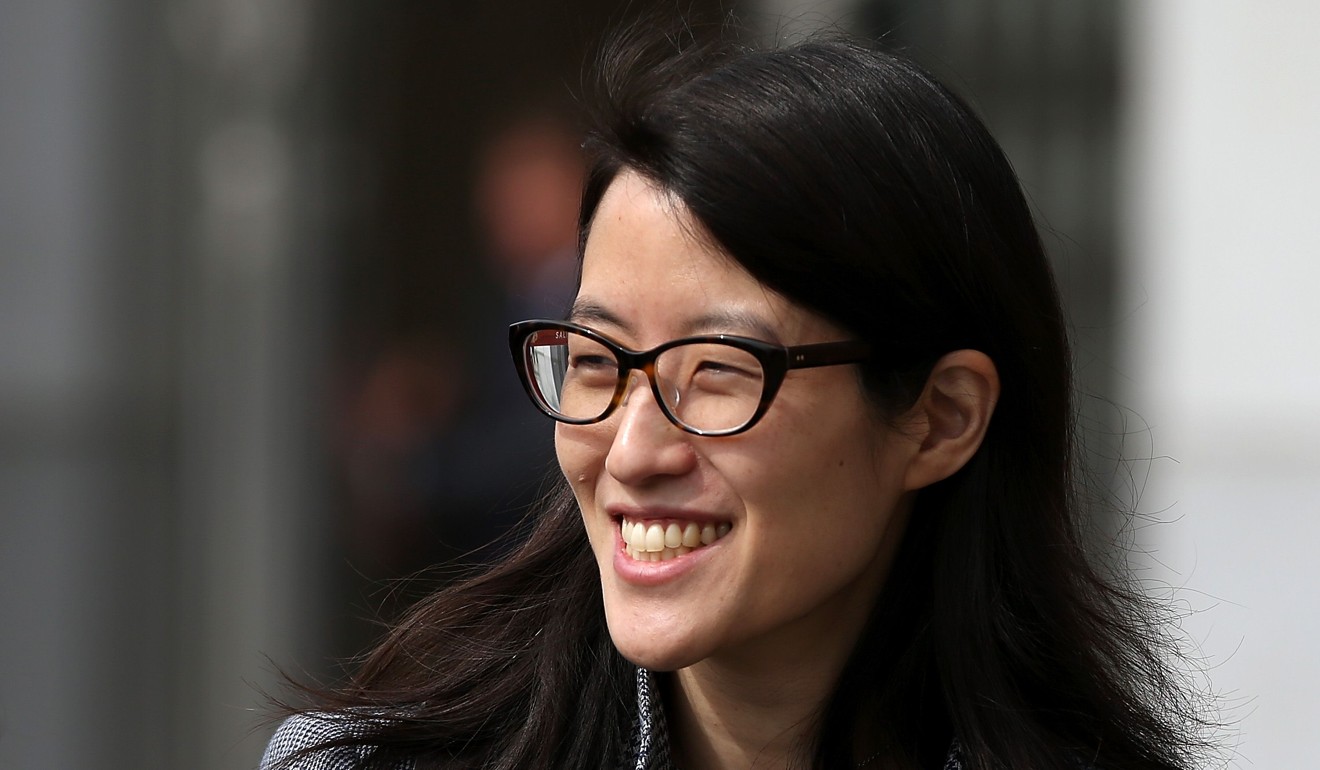
Adding fuel to the fire is so-called Pinkerton syndrome, a reference to the character of the same name in the opera Madam Butterfly, and to how some Asians view white people as superior due to centuries of colonialism.
The power dynamic lingers today – Asian women consistently rated white men as more attractive than other races from 2009 to 2012, and only in 2013 did they begin rating Asian men on a par with white men, according to dating platform OkCupid.
“Asian men play a major part in cultivating a culture which supports Asian fetishism,” says Yeh, the student from New York. By dating white women, he says Asian men hope to “be seen as equal to white men, which I think is a toxic mindset [to have]”.
Kerala floods: a tragedy in god’s own country, but whose god?
Online dating apps – especially those that enable filtering by race – make matters worse, according to Yale-NUS College’s Zheng. In a 2014 survey, OkCupid found that white men using the app rated Asian women as more attractive than white, Latina, or black women, a trend that has persisted since the platform started surveying its users’ racial preferences since 2009.
Asian-specific dating websites such as DateinAsia.com and AsianDating.com have also garnered attention in the US recently, with nearly six million and four million respective total visits in the last six months, according to web tracker SimilarWeb.
But while Asian women may be lusted after on dating apps, that does not necessarily mean they are better treated. A Tinder user in California was banned from the app for life last year after using a racial slur against an Asian-American woman who didn’t reply to his messages fast enough.
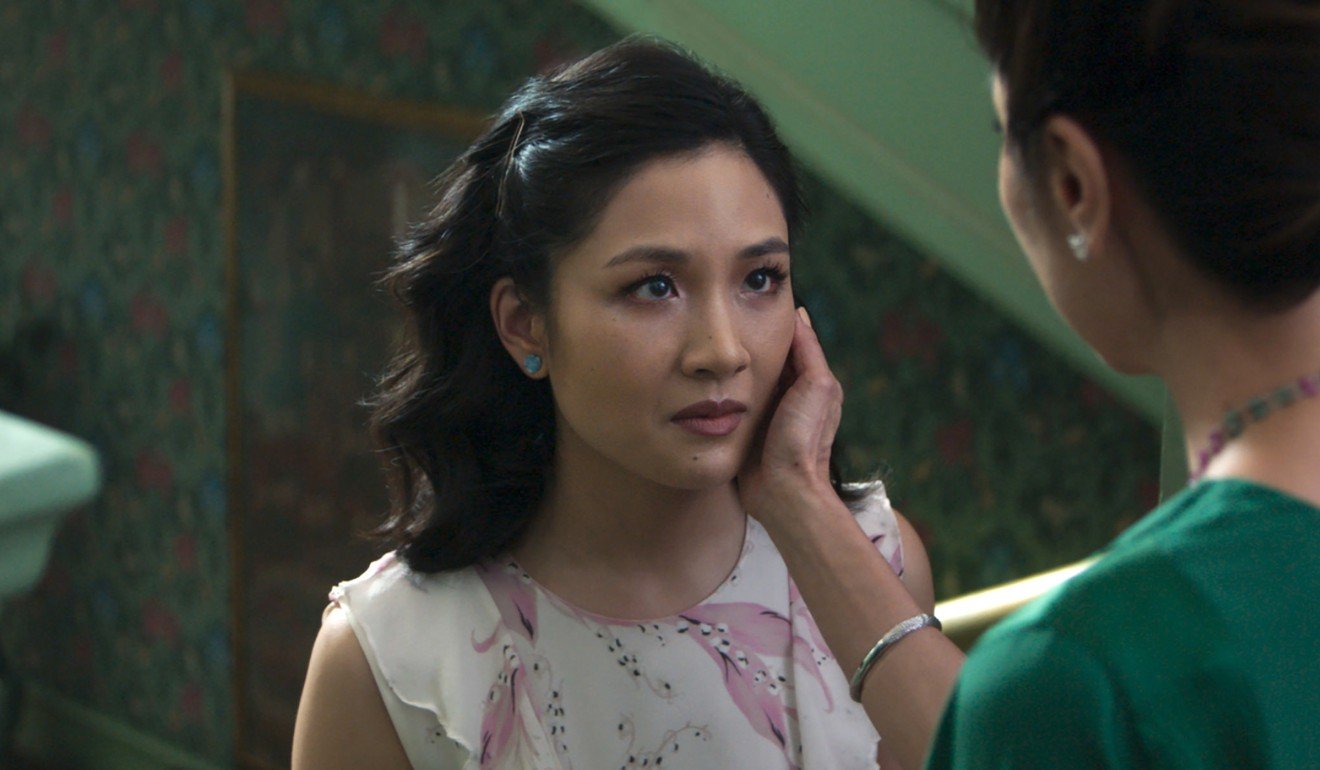
In the realm of the workplace though, there have been recent high-profile cases of Asian women fighting back against what they describe as discriminatory behaviour.
Former Kleiner Perkins executive Ellen Pao – who also had a stint as the chief executive of Reddit – shone a spotlight on gender discrimination in Silicon Valley in a landmark trial against the venture capital firm in 2012, which she eventually lost.
Dumplings, tai chi and a hint of racism: a Chinatown takes root in suburban Tokyo
Crazy Rich Asians star Constance Wu has used her celebrity as a platform to criticise the fetishisation of Asians, as well as the misrepresentation and underrepresentation of Asians in film. The film’s success at the box office has many hoping it will be a gateway for more Asian actors in Hollywood, in roles that dispel stubborn stereotypes.
But Zheng from Yale-NUS College says it may be hard for Asian women to shake the emotionally taxing self-doubt about whether their future or current partners actually like them for who they are as individuals, or because of their race – an assessment that rings all too true for Ngo in Texas.
“I personally don’t have a lot of dating experience, but I feel like if a non-Asian man were to show interest in me I would subconsciously think that he’s only interested because of my race,” Ngo says. ■

